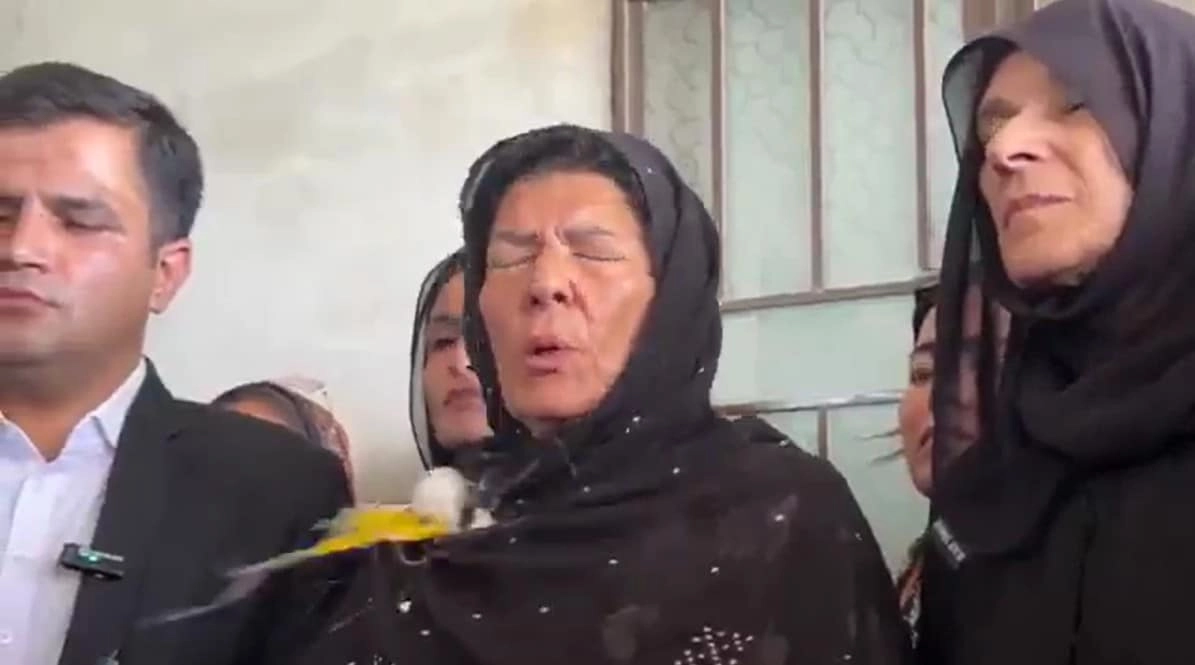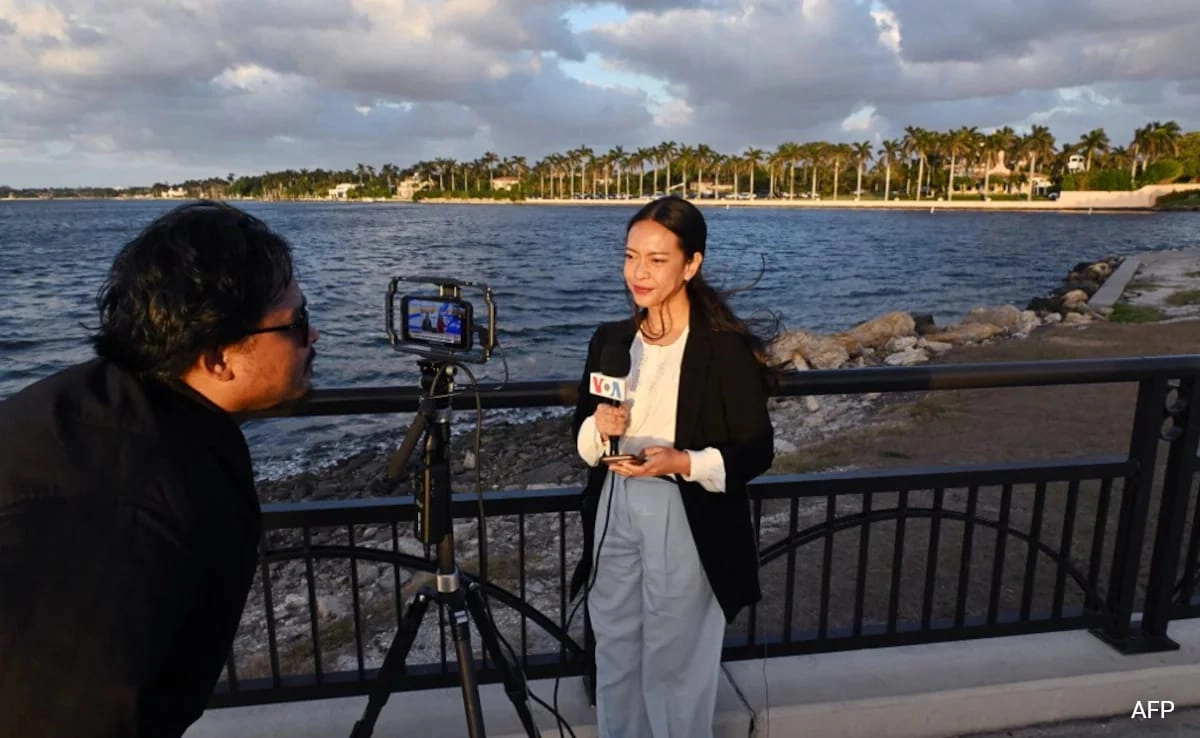In a groundbreaking move to safeguard the River Seine’s ecosystem, the city of Paris is pursuing personhood status for the river. This initiative aims to provide the Seine with legal rights and protections akin to those typically afforded to individuals. By granting the river this status, Paris hopes to enhance conservation efforts and ensure that the river’s health and vitality are preserved for future generations. The Seine, which flows through the heart of the city and is integral to its identity and culture, faces various environmental challenges, including pollution and habitat degradation. By elevating the river’s status, the city seeks to implement more rigorous environmental protections and foster a greater sense of stewardship among its residents.
The concept of granting personhood to natural entities is not entirely new; various jurisdictions around the world have recognized rivers, forests, and other natural features as having rights. This legal approach allows for the enforcement of environmental regulations and supports initiatives aimed at restoring and maintaining ecological balance. In the case of the Seine, city officials believe that personhood status could empower local communities and environmental organizations to take action against pollution and other threats to the river’s health. Furthermore, this initiative aligns with a broader global movement toward recognizing the intrinsic value of nature, emphasizing the importance of coexisting with and protecting our natural landscapes.
Paris’s decision to seek personhood for the Seine reflects a growing awareness of the interconnectedness of human activity and the environment. As urban areas continue to expand and face the pressures of climate change, cities are increasingly looking for innovative solutions to address environmental challenges. By prioritizing the health of the Seine, Paris not only aims to improve the ecological conditions of the river but also to enhance the quality of life for its residents. A cleaner, healthier river can contribute to better air quality, increased biodiversity, and enhanced recreational opportunities, ultimately fostering a deeper connection between Parisians and their natural surroundings.
The success of this initiative will depend on public support and the willingness of local, national, and international stakeholders to embrace this novel approach to environmental protection. If Paris’s bid for personhood is successful, it could set a precedent for other cities grappling with similar environmental challenges. By recognizing the rights of the Seine, Paris may inspire a broader movement that challenges traditional notions of property and environmental stewardship, encouraging societies to rethink their relationship with nature. As the city embarks on this ambitious journey, the world will be watching closely to see how this legal experiment unfolds and its potential implications for environmental policy and conservation efforts globally.




